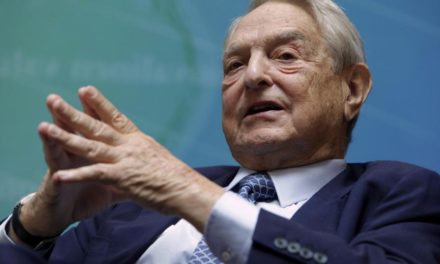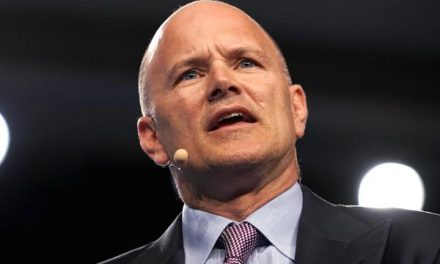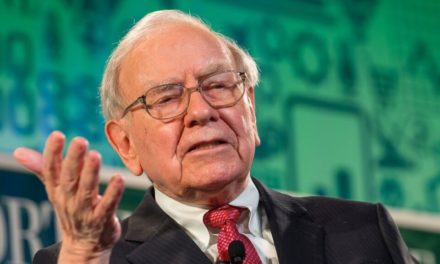Billionaire activist investor Nelson Peltz losses widen. Nelson Peltz, Chief Executive Officer and founding partner of hedge fund Trian Partners has fallen into the red this year.
Nelson Peltz losses widen due to the stock price declines of two of America’s largest multinational companies General Electric and Procter & Gamble.
Trian’s seven-stock portfolio has been dragged into the red and has ended the first half down almost 2 percent. Nelson Peltz losses widen and it has all to do with the double-digit stock declines in General Electric and Procter & Gamble.
Nelson Peltzis, an activist investor who gets on the company’s board with the goal of effecting a major change in the company, is pleading with investors to keep the faith.

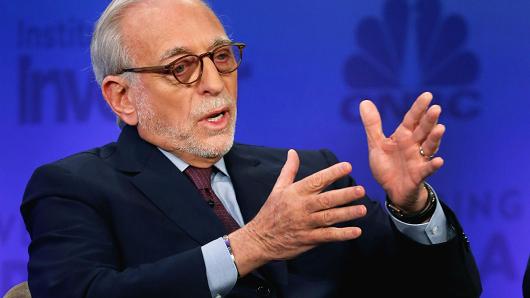
“Nelson Peltz losses widen and it has all to do with the double-digit stock declines in General Electric and Procter & Gamble”
Trian Partners has board seats at both companies through which it is trying to push for improvements.
Nelson Peltzis’s activist fund targets companies which it believes are mismanaged, has excessive costs, could be run more profitably as a private company or has another problem that he believes can be fixed so as to make the company more valuable.
Nelson Peltz losses widen despite GE’s shares recently spiking due to an announcement of a partial break-up plan which did little to reduce the string of losses.
Nelson Peltz’s fund took a $2.5bn stake in GE’s shares in late 2015 when shares were trading at about $25.
Analysts widely optimistic forecast at Trian Partners estimated that GE’s stock would be worth as much as $45 by the end of 2017. But GE’s stock price has been bumping along the bottom since 2018 and is currently trading at 13.37 USD (at the time of writing this piece).
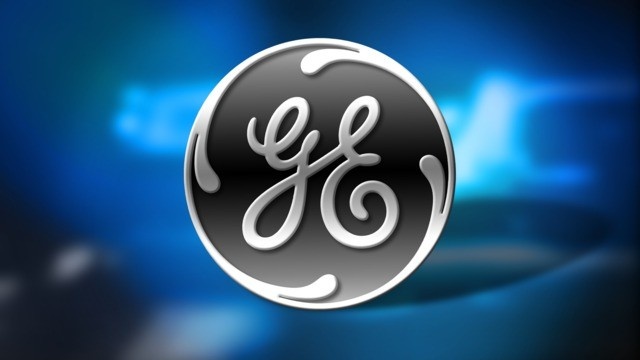
“The accounting at GE has not been a model at all in recent years”
WARREN BUFFETT
But Legend value investor Warren Buffett who recently sold a large portion of his stock and is hoarding cash to the tune of $116 BILLION (most in short-term Treasury Bills) doesn’t believe that GE’s problems will easily be fixed.
Warren Buffett’s Berkshire Hathaway fund sold its stake in GE last year. Warren Buffett told CNBC on Monday that “clearly there were mistakes made” at GE.
So Nelson Peltz losses widen as GE has a mountain of legal problems. Legal headaches could cost the conglomerate billions of dollars.
“The investment bank, JP Morgan believes that GE could be on the hook for a massive $9.2 billion in damage claims in addition to other potential losses from the SEC and shareholder lawsuits”
The SEC is currently investigating GE’s accounting tactics and its massive insurance losses. The Justice Department is probing GE’s (GE) pre-crisis sale of the subprime mortgage. Furious shareholders are suing GE and former top executives over allegedly misleading statements.
The investment bank, JP Morgan believes that GE could be on the hook for a massive $9.2 billion in damage claims in addition to other potential losses from the SEC and shareholder lawsuits.
Nelson Peltz losses widen due to a double-digit stock loss from his funds largest portfolio holding in another multi-national consumer goods corporation, Procter & Gamble headquartered in downtown Cincinnati, Ohio and founded in 1837 by British American William Procter and Irish American James Gamble.
Procter & Gamble is down 15 percent this year in the face of margin and market share pressures across the consumer goods industry.
P&G’s most significant problem is that the bulk of the company’s sales are concentrated in the slow-growth markets.
P&G gets nearly 45 percent of its revenue from North America and almost 23 percent from Europe. Nearly 65 percent of its total revenue is from developed markets. In contrast, rival Unilever is the complete opposite, with almost 58 percent of its sales coming from emerging markets, and 43 percent coming from developed markets.
Bank of America recently downgraded P&G “on longer lasting challenges” and reduced their price target on the stock by $8 to $82 a share.
Rising costs for consumer packaged goods companies have also compounded P&G’s problems. The new challenges facing P&G mean Nelson Peltz losses widened by $150 million on his investment in the company that he pledged to help revive.
But with Nelson Peltz on the board, some investors are hanging in for the activist elevator lift in the stock price in the hope that a fast track to improvement P&G fortunes is in the air. Peltz’s is pushing the idea that P&G should focus on building a stable of niche brands which is in tune with other members of the board.
The company is cranking up its R&D apparatus with niche brands in mind.
“Nelson Peltz losses widen in the short term but in the long term, the changes that Nelson Peltz is able to make as an activist investor could bear fruit over a longer time frame”
So Nelson Peltz losses widen in the short term but activist investors are also value investors who play the long game.
It takes an oil supertanker many, many hours and hundreds of miles to turn 180 degrees”, similarly there is a time lag between implementing change in a multinational company and seeing the results.
In other words, Nelson Peltz losses widen in the short term but in the long term, the changes that Nelson Peltz is able to make as an activist investor could bear fruit over a longer time frame.
But whether Nelson Peltz losses widen in the long term could also be down to other factors in the equation beyond Nelson Peltz’s control. Multinationals function in a global economic environment which is changing rapidly.
The Fed and its other western aligned central banks are moving towards less accommodating monetary policy. Put another way, USD liquidity is tightening and that is already having an impact on Emerging markets.
Moreover, Trumponomics is ushering in a new era of protectionism which is likely to slow global economic growth, particularly in the booming Emerging markets.
Nelson Peltz losses widen but he may not be the only investor reporting losses in these changing geopolitical and economic landscape.
Nevertheless, Nelson Peltz’s fortune could turn around with respect to the likes of P&G who have most of their consumers based in the US. If the Trump administration is given the political leeway to re-industrialize US industry behind a protectionist wall, turn rust-belts back to industrial towns then the US consumer could make a comeback and those companies which sell in the US could also do well.
Want the latest investor news as it happens?
Subscribe to our Investors Newsletter

